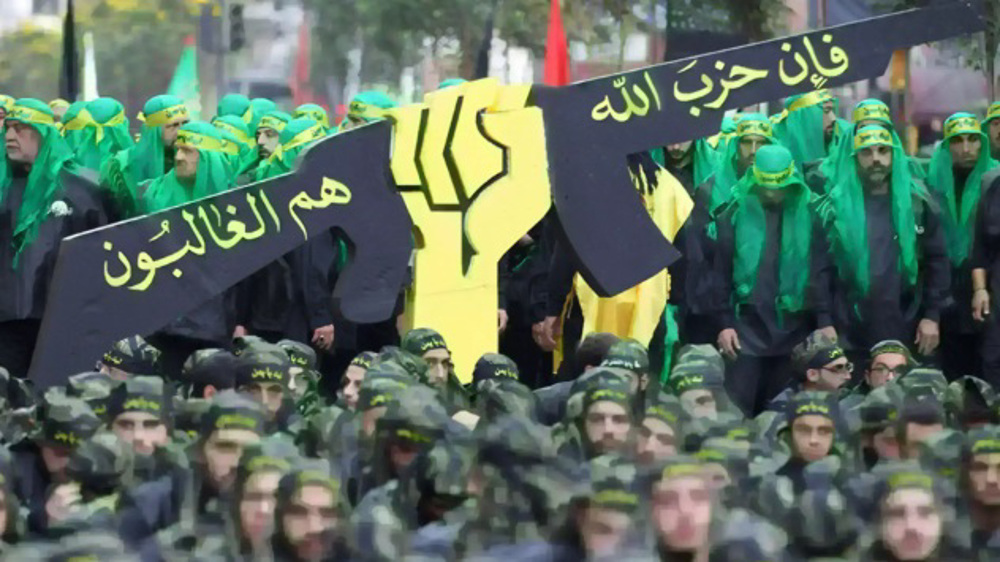Should Israel embark on a ground operation in south Lebanon, it will likely be bogged down militarily.
Should Israel embark on a ground operation in south Lebanon, it will likely be bogged down militarily.
By Adem Kılıç
Political scientist
Since the start of Israel’s genocidal war in Gaza, tensions on the Israel-Lebanon border have been steadily rising.
After Gaza and the West Bank, Israel’s northern border, in other words the Lebanese border, was the point where eyes were constantly turned, and a full-scale war was expected to break out.
Despite these expectations, for the past 12 months or so, tensions along the Lebanese border have been limited to limited and controlled attacks.
In recent days, however, Israeli attacks in Lebanon have brought the conflict to a 12-month-high.
According to international battlefield analysts, these events between Israel and Lebanon are the biggest escalation in the region since 2006. Israel’s explosion of Hezbollah’s pagers and radios, its intensive bombardment of South Lebanon, and finally its assassination of senior Hezbollah commanders, including Ibrahim Aqil in Beirut, have literally lit the fuse for a new war in Lebanon.
While the expected war has become inevitable, the current military power and strategic moves of the parties give us some indications about the future of the war in Lebanon.
There is no doubt that Hezbollah has a stronger military capacity than Hamas. In fact, since the beginning of the war, Hezbollah has been regarded as an extension of Iran that Iran “doesn’t want to waste”, so to speak.
Hezbollah has not directly participated in the Israeli offensive in Gaza, only launching limited missile strikes along Israel’s northern borders, saying it wanted to “distract Israel”.
At this point, however, the situation Hezbollah finds itself in following the recent Israeli attacks has made a counter-attack inevitable.
In fact, this is exactly what Israel’s far-right fascist government and Netanyahu wanted.
After all, Netanyahu had already tested that he could get the full support of the US-led Western coalition during the previous Iranian missile and drone attacks.
The fact that over the past 12 months, Israel has been unable to find Hamas leaders in the small territory of Gaza, but has been able to find and kill critical Hezbollah figures in a short period of time is further evidence that Netanyahu and his government are pulling out all the stops to expand the war.
How would an Israel-Hezbollah ground war end?
The 2006 Israel-Lebanon ground war took place in Lebanese territory and northern Israel. After 34 days of fighting, Israel was forced to withdraw from Lebanese territory, although it refused to admit defeat.
The war ended on August 11, 2006, in accordance with United Nations Security Council Resolution 1701.
Today, there are different balances than in 2006.
Unlike in 2006, Israel is stronger both technologically and in terms of air power. On the other hand, it is inevitable that the US-led Western coalition would support Israel in such a war, as evidenced by Iran’s missile attacks.
These two facts make Israel look more advantageous on paper, but it is important to note that Hezbollah’s military strength is much higher than it was in 2006.
On the other hand, the possibility of many spies within Hezbollah has become a reality that cannot be ignored. The recent pager explosions and the pinpoint attacks on senior figures such as Ibrahim Aqil in Beirut reveal the gravity of this situation. Within Lebanon, it is thought that various groups may also act against Hezbollah. In Gaza, no group cooperated with Israel against Hamas. But there are many structures in Lebanon that could do so, and in a possible war these structures could mobilize.
In Lebanon, a country divided ethnically and religiously, Hezbollah’s support base in the general elections in 2022 remained at around 35 percent of the population. The rest of the country took an anti-Hezbollah stance.
All these facts could turn the expected war in Lebanon against Hezbollah. Hezbollah, on the other hand, will have great advantages, as it will be fighting against an Israeli army that has not achieved the desired results in Gaza for 12 months and is worn out both militarily and psychologically.
It should also not be forgotten that Hezbollah’s missile power, if not its air power, has increased significantly compared to 2006, and that, as a guerrilla organization, it is much more experienced in ground attacks than the Israeli army. The expected war in Lebanon could be a disaster for Israel in terms of ground warfare.
Knowing this, Israel does not set the same goal for Hezbollah that it has set for Hamas, which it has failed to achieve, and states that it will act with the goal of a buffer zone within Lebanese territory that will secure the north of Israel.
If Israel embarks on a “buffer zone” adventure inside Lebanon, it is highly likely that it will be bogged down militarily in a much bigger way than in Gaza and will suffer far greater losses than it imagined.

















Leave a Reply